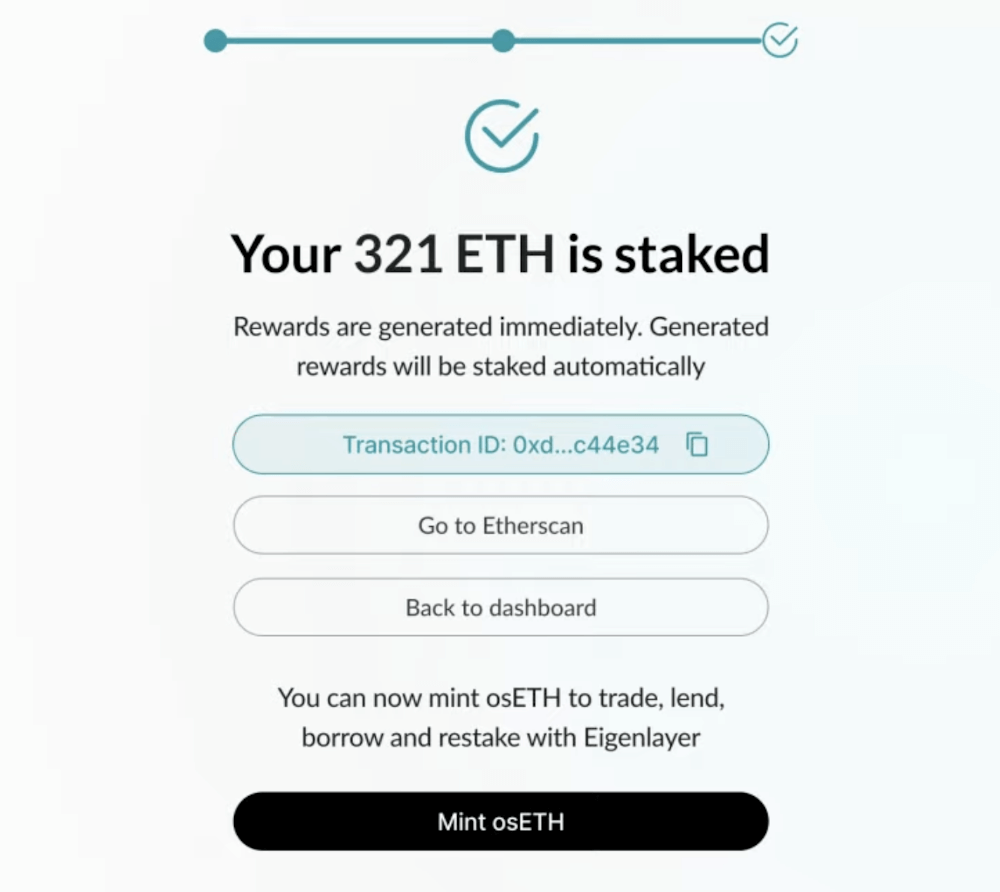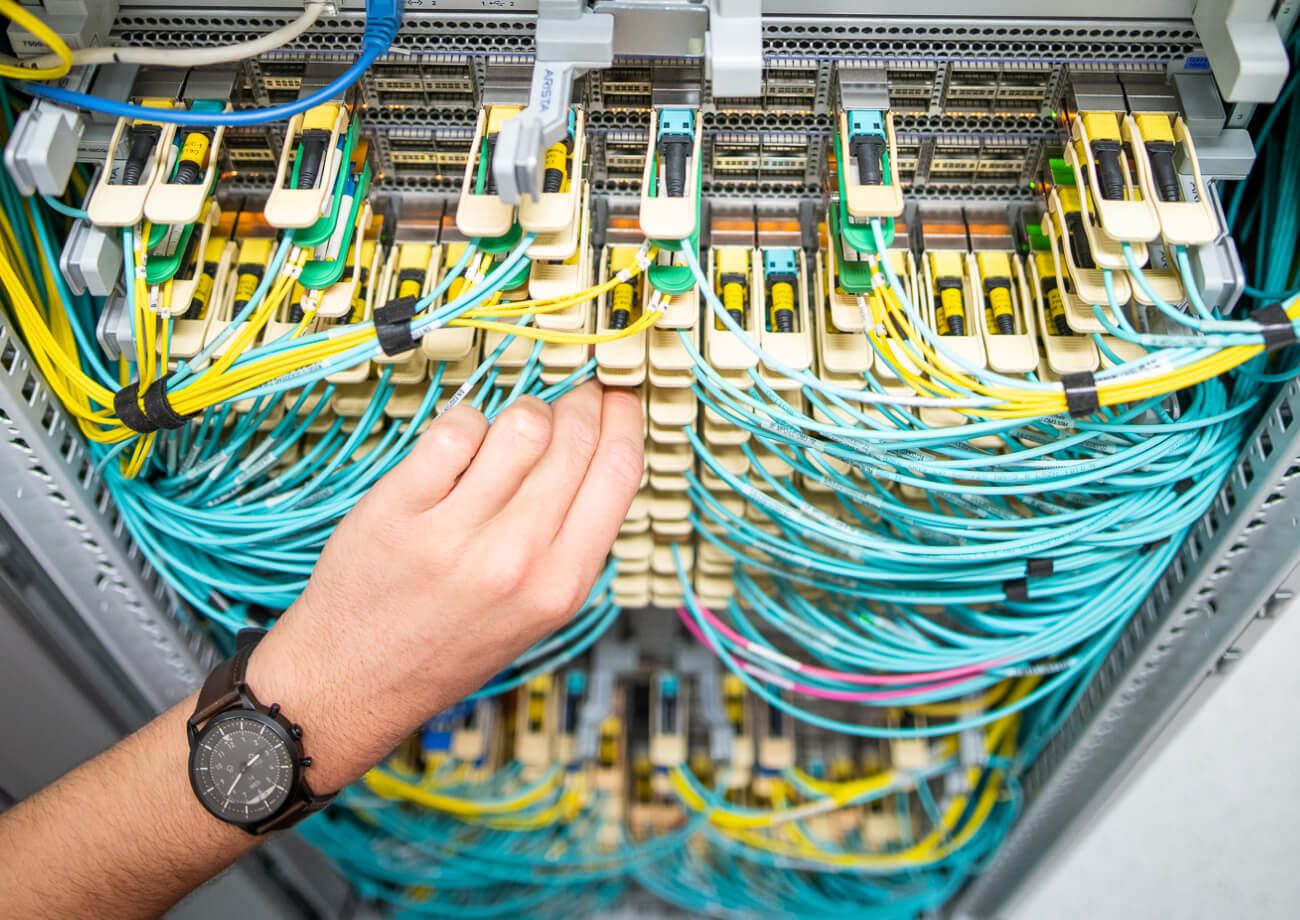How Chorus One and DataPacket ensure reliable staking infrastructure in PoS networks
Reliable server infrastructure is critical in blockchain and Proof-of-Stake (PoS) networks. Every transaction processed by a validator supports network security and stability—any downtime risks disrupting operations, causing lost earnings and reduced trust. For leading staking providers like Chorus One, flawless server performance is essential for success.
Delivering tailored services that resonate with a broad spectrum of client needs, bunny.net has established a unique niche in the industry, with a finger always on the pulse of innovative solutions. Starting with a simple idea of helping developers deliver content without breaking the bank, bunny.net now helps accelerate over a million websites.

Precision-tailored configurations
To allow cryptocurrency holders to contribute to the security and stability of PoS networks, Chorus One requires a server infrastructure that is robust and scalable while remaining flexible enough to handle demanding computational tasks. Their infrastructure must guarantee low latency, strong performance, and continuous reliability.
As Ruud van Asseldonk, Engineering Lead and Acting CTO at Chorus One, explains: We need highly redundant infrastructure, with geographic redundancy across different ISPs. Network stability is paramount. We must be able to switch servers and ISPs seamlessly to ensure that our validators are highly available.

Customization and flexibility with DataPacket
Since 2021, DataPacket has provided Chorus One with dedicated server infrastructure, supporting over 50 servers in various European locations. These servers handle validation tasks, for which security is critical, and optimizing performance often requires configurations beyond standard offerings.
Custom server configurations for complex needs
Chorus One’s operations are diverse, with different projects requiring highly specialized server configurations.
Some of our blockchain nodes have very specific requirements—whether it’s fast CPUs,
extensive memory, or the need for NVMe drives due to intense data writes,
explains Van Asseldonk. DataPacket’s ability to offer custom server configurations has been
instrumental in meeting Chorus One’s diverse needs. For example, some of the custom configurations
include:
- 1 × AMD EPYC 9374F 512 GB RAM, 2 × 3.84 TB NVMe
- 1 × AMD EPYC 9354 512 GB RAM, 2 × 3.84 TB NVMe
- 1 × AMD EPYC 9354 128 GB RAM, 2 × 3.84 TB NVMe

Meeting high security requirements
Security is a top priority for Chorus One. They use advanced cryptographic hardware, such as YubiHSM, for secure operations. This hardware helps safeguard private keys, which is crucial to maintaining validator security.
We manage private keys for our validators, and if those leak, it’s a huge problem,
says Van Asseldonk. Using YubiHSM ensures keys are never exposed, but it’s not easy to find vendors
willing to deploy these devices.
DataPacket’s infrastructure is designed to meet high-security needs. Servers are spread across multiple racks with separate switches to ensure redundancy and minimize the risk of downtime.
We are able to meet such requirements because of how our infrastructure is designed. There
are numerous safety features implemented on different levels of our network topology. The
servers are spread out across multiple racks, connected to different switches, and use
redundant power sources. This setup is consistent across our data centers,
explains Krystof Stolin, Account Manager, DataPacket.
Optimizing costs with bandwidth pooling
Initially, Chorus One faced high costs for bandwidth that went unused. DataPacket solved this by implementing bandwidth pooling, allowing Chorus One to share bandwidth across servers and pay only for actual usage. This bandwidth pooling led to significant cost savings.
Bandwidth pooling is a standard service we offer to our customers. In some cases, it
allows us to drastically reduce costs. For Chorus One, this solution helped lower their
bandwidth expenses by 90 %,
explains Krystof Stolin, Account Manager, DataPacket.

24/7 Support via Slack for seamless communication
DataPacket set up a dedicated Slack channel for Chorus One to facilitate direct communication between their teams and DataPacket’s technical support staff. The dedicated channel ensures quick resolutions to technical issues and immediate support for new server orders.
Van Asseldonk values this streamlined approach: It’s smooth and fast—we don’t have to go through layers of support tickets. We get
direct access to people who know what they’re doing, which is invaluable for us.
Rapid server deployment to support growth
Chorus One initially operated in just two central European locations. After meeting all technical and administrative requirements, the company was well-positioned for a significant infrastructure expansion. As of October 2024, Chorus One’s server network now spans more than 10 locations across Europe and Asia and continues to grow. With expansion, the speed of server deployment became critical, and DataPacket is there to ensure rapid delivery, even for custom configurations.
The ability to get servers deployed rapidly, often with custom configurations, is
essential for our operations,
Van Asseldonk explains. DataPacket’s quick response to these urgent needs has made them a reliable partner.
Scalable, secure, and cost-efficient operations
With DataPacket’s dedicated support, Chorus One has scaled its operations across Europe while enhancing security and drastically reducing costs. Their partnership has enabled Chorus One to continue delivering high-quality staking services while navigating the complex demands of the cryptocurrency industry.